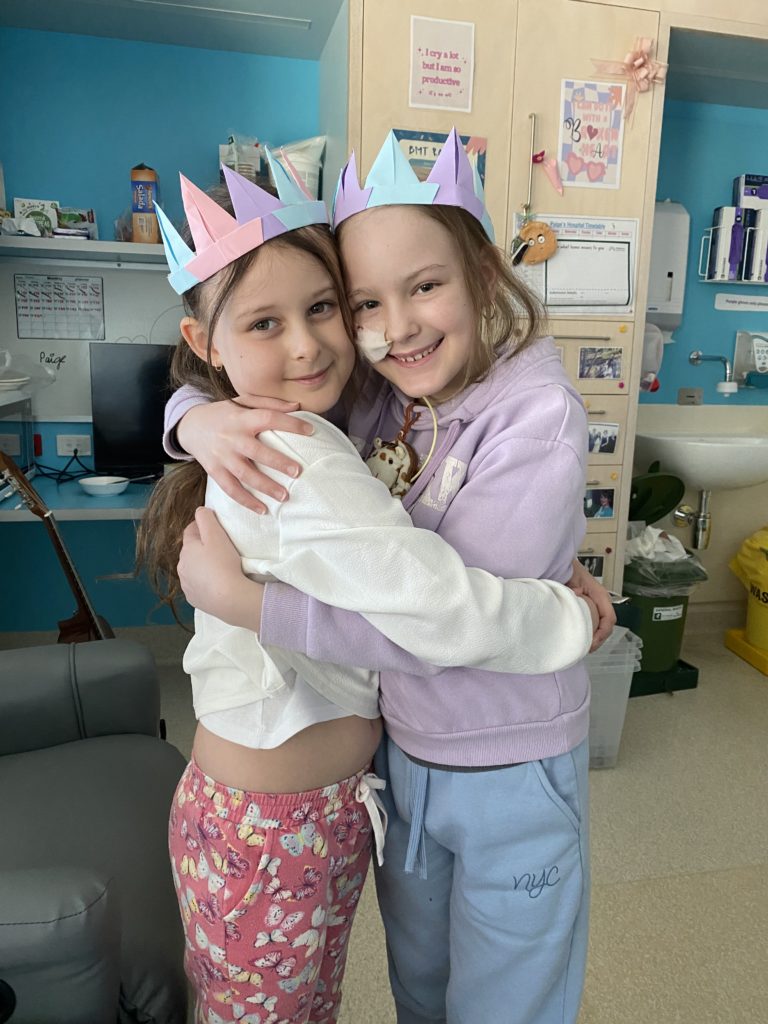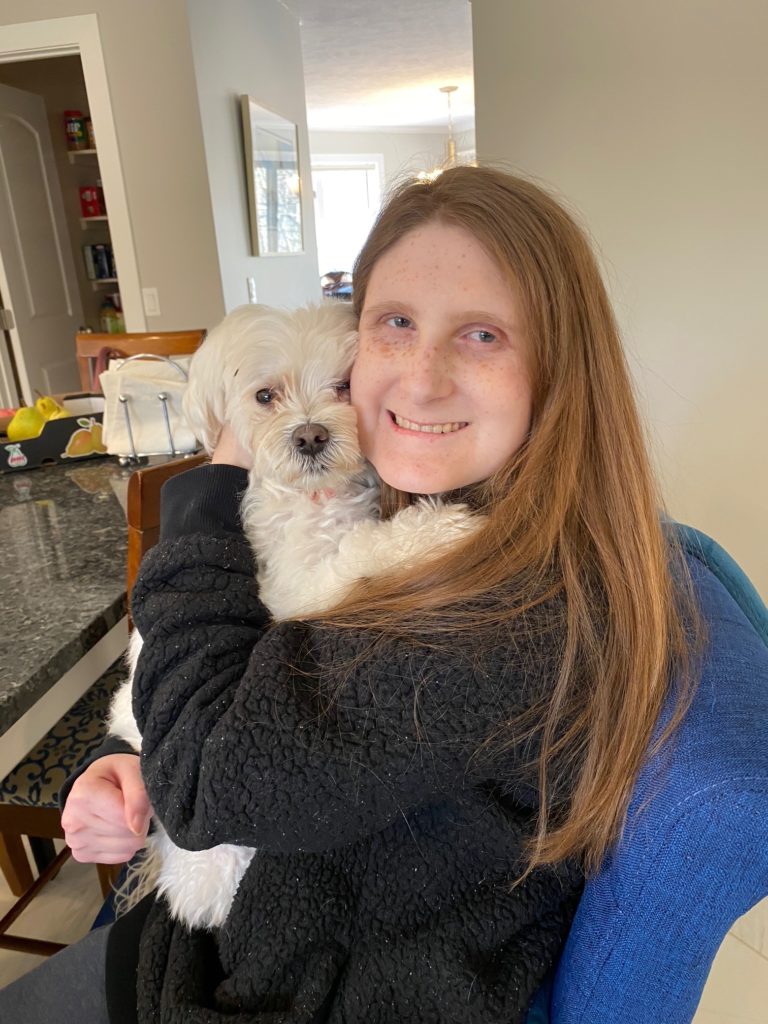Solid Tumors
Individuals with Fanconi anemia have an extremely high risk of developing squamous cell cancer in the head and neck and anogenital regions and some risk of cancers in other regions as well. The cancers that develop in FA individuals often occur at a much earlier age than what is observed in the general population and are difficult to treat due to the toxic effects of chemotherapy and radiation observed in this population. FCF supports grants that focus on defining the pathogenesis of FA solid tumors and that seek novel strategies for early detection, prevention, and treatment of these cancers.
Bone Marrow Failure and Hematologic Malignancies
To date, hematopoietic cell transplant (HCT) is the only curative treatment option for bone marrow failure for persons with FA. Advancements in HCT protocols and long-term care continue to improve survival rates of persons with FA following HCT. Despite these advancements, the high risk of developing squamous cell carcinoma (SCC) in individuals who have undergone an HCT is a major concern. The development of HCT-related graft-versus-host disease is correlated with increased risk; however, it is unclear whether additional factors associated with the HCT process also confer an increased risk. It is thought that the use of genotoxic chemotherapy and radiotherapy regimens may contribute to increased risk, but more studies are needed to delineate the specifics of each contributing factor. In individuals who have not yet had a transplant, the risk of progression to myelodysplastic syndrome and acute myeloid leukemia is also high. Therefore, further research is needed to develop treatments for bone marrow failure that do not rely on toxic therapies and to understand, prevent and stop the progression to hematopoietic malignancies.
FA Genes and DNA Repair Pathway
Discovery of the genes that cause Fanconi anemia (FA) and the role of FA proteins in regulating DNA repair have been active areas of research over the last 30 years. Researchers have now identified 23 genes that, when mutated, cause FA, including FANCA, FANCB, FANCC, FANCD1/BRCA2, FANCD2, FANCE, FANCF, FANCG, FANCI, FANCJ/BRIP1, FANCL, FANCM, FANCN/PALB2, FANCO/RAD51C, FANCP/SLX4, FANCQ/ERCC4, FANCR/RAD51, FANCS/BRCA1, FANCT/UBE2T, FANCU/XRCC2, FANCV/REV7, FANCW/RFWD3, and FANCY/FAP100. The FA proteins participate in a coordinated set of events that lead to the repair of interstrand crosslinks (ICLs) when the FA DNA repair pathway is activated during DNA replication. Variants in the FA genes cause faulty ICLrepair.
Understanding the role of specific FA variants is a critical component for identifying the potential risks and understanding the clinical course of FA patients. FCF supports grants focused on understanding the basic biology of FA genes and the DNA repair pathway to better understand how we can exploit the pathway for prevention or therapeutic purposes.
FA and Body Systems
Fanconi anemia may affect multiple systems of the body. People with FA may experience endocrine disorders, arm and hand abnormalities, gynecological and/or dermatological issues, infertility, Fanconi anemia-associated neurological syndrome, mental health problems, and hearing and/or nutrition difficulties in addition to bone marrow failure and cancer. FCF supports grants focused on understanding the role of FA genes in whole body manifestations of the disease in order to improve quality of life and address the myriad of issues individuals with FA face.





